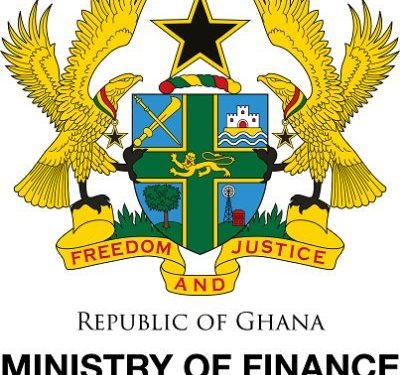The country’s debt stock has reached a level of about 73 percent of GDP at end-December 2016 which is in excess of the debt sustainability threshold of 70 percent.
This has resulted in high debt service costs with interest payments alonetaking up nearly 42 percent of tax revenue. This, together with Compensation of Employees and Statutory Payments, is more than total domestic revenue, leaving no fiscal space for growth enhancing policies.
Mr. Speaker, let us acknowledge that we have inherited a challenged economy with:
- considerable debt overhang and rising interest payments caused by excessive borrowing;
- expenditure overruns and accumulated arrears caused by fiscal indiscipline,
- excessive sole sourcing and weak commitment controls;
- revenue underperformance caused by leakages, loopholes and tax exemptions;
- slowdown in economic growth caused by energy challenges and a lack of an enabling environment for the private sector; and
- limited capital investment, among others, due to rigidities from earmarking of revenues that severely limit the fiscal space and undermines the prioritisation of government policies.








